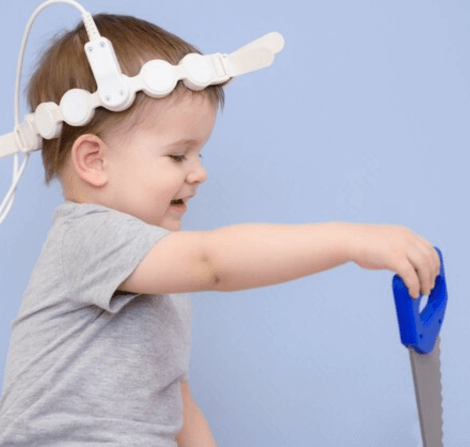Common Neuromuscular Disorders in Children
Muscular Dystrophies
Muscular dystrophies are a group of genetic disorders characterized by progressive muscle weakness and degeneration. Duchenne Muscular Dystrophy (DMD) is one of the most common forms.
Spinal Muscular Atrophy (SMA)
Spinal Muscular Atrophy (SMA) is a genetic disorder affecting the motor neurons in the spinal cord, leading to muscle weakness and atrophy.
Charcot-Marie-Tooth Disease (CMT)
Charcot-Marie-Tooth Disease (CMT) is a hereditary condition affecting the peripheral nerves, leading to muscle weakness and sensory loss.
Congenital Myopathies
Congenital Myopathies are a group of muscle disorders present at birth, characterized by muscle weakness and hypotonia.
Symptoms to Watch For
- Low muscle tone (hypotonia)
- Delayed motor milestones, such as delayed walking or abnormal gait
- Muscle weakness, atrophy, twitching, or rippling
Diagnosis and Treatment
Early diagnosis is crucial for effective management of neuromuscular disorders. Healthcare professionals may conduct physical examinations, genetic testing, electromyography (EMG), and muscle biopsies to identify the underlying cause. Treatment plans are individualized and may include:
- Physical therapy to improve muscle strength and mobility
- Occupational therapy to help with daily activities
- Medications to manage symptoms or slow disease progression
- Surgical interventions in some cases to improve function or correct deformities
